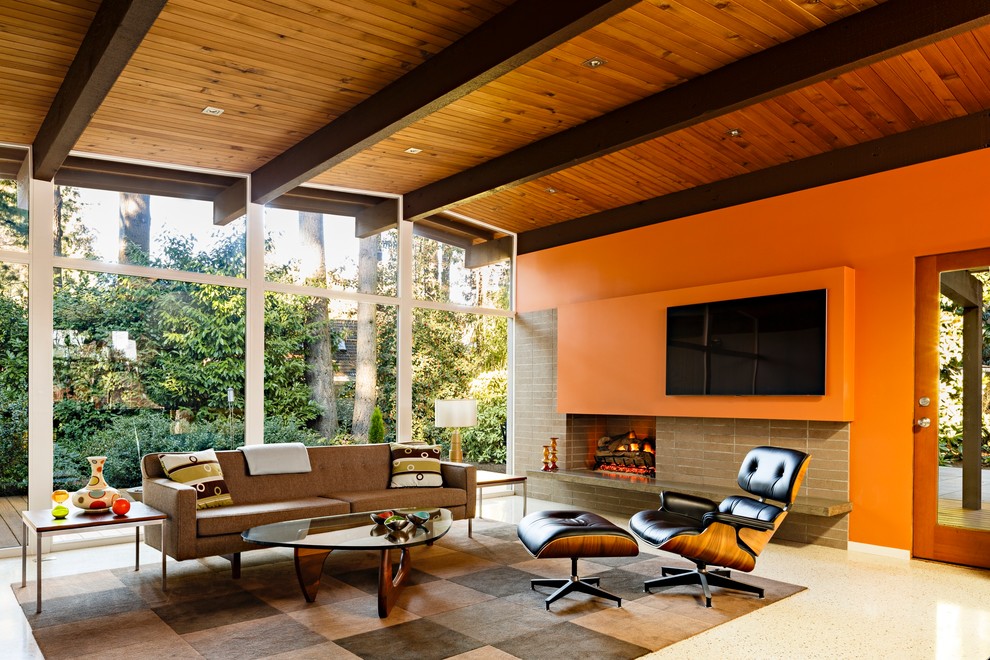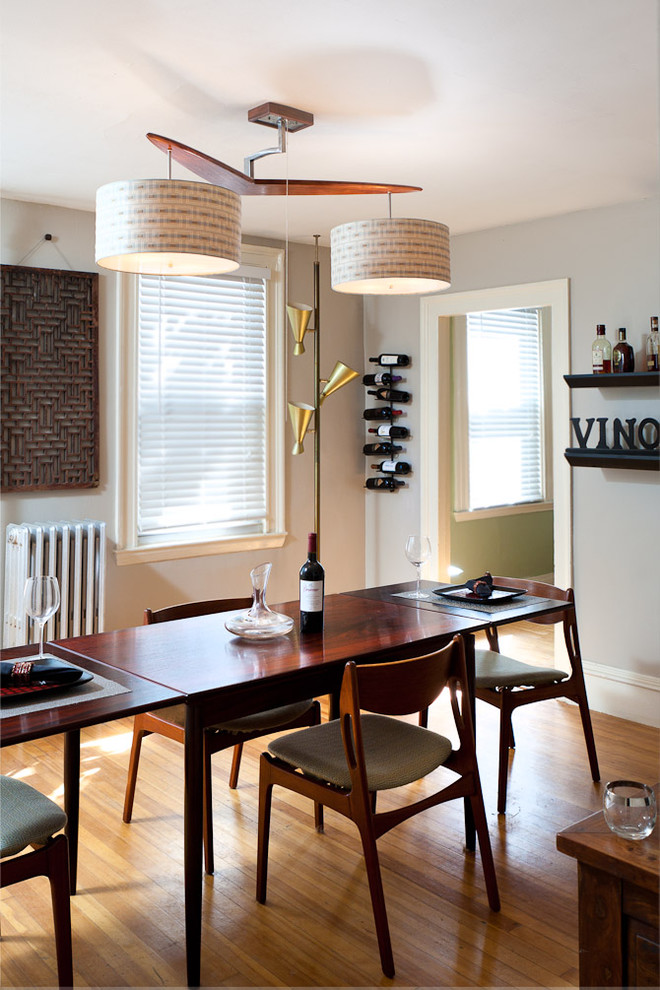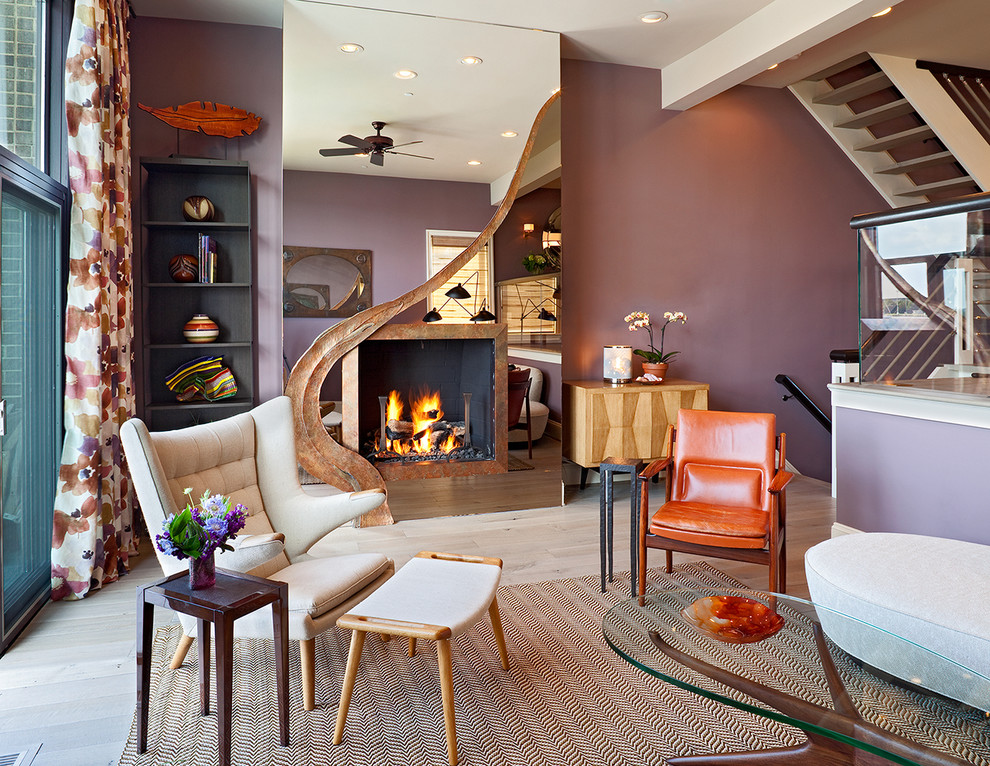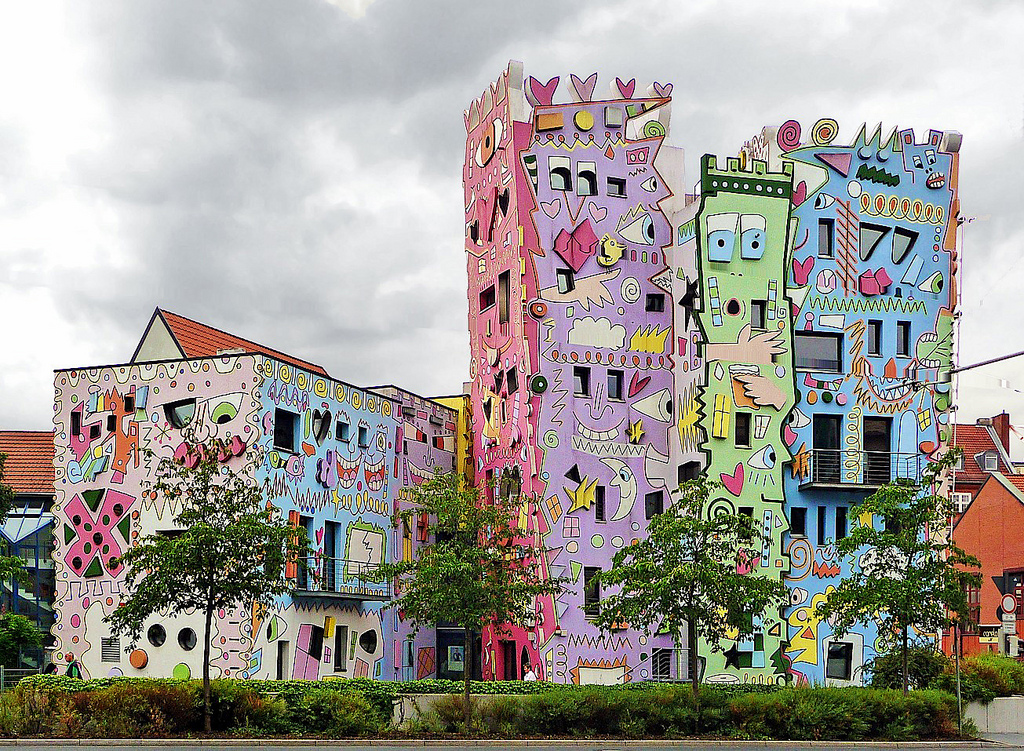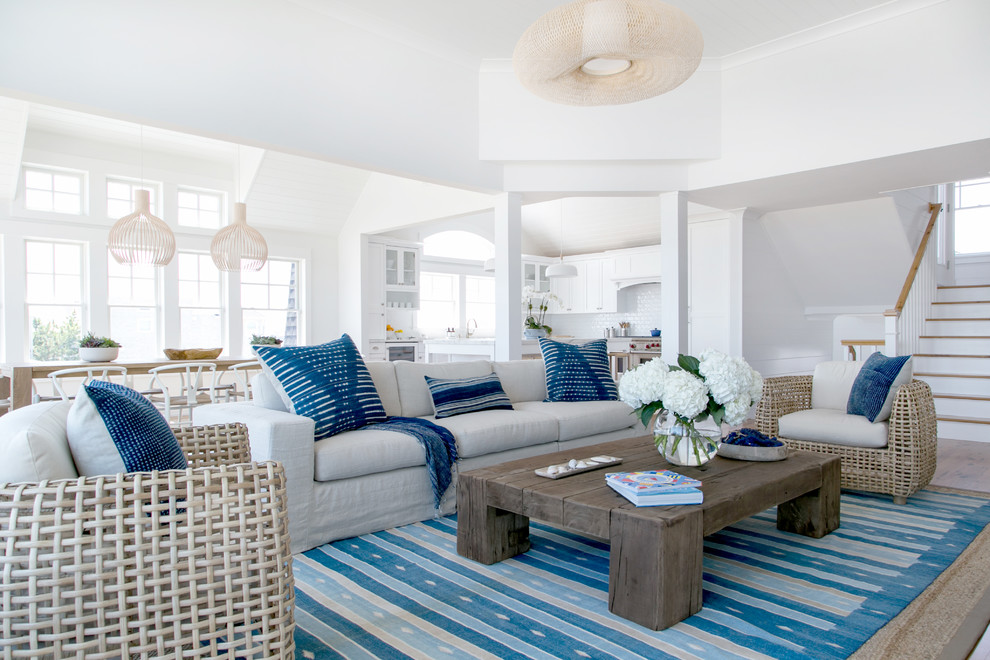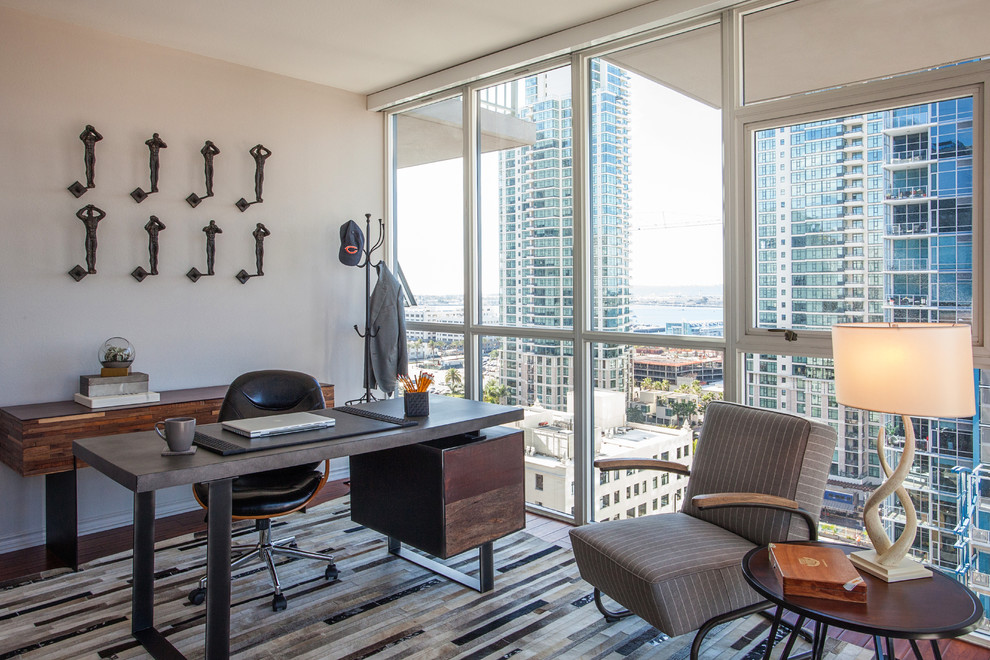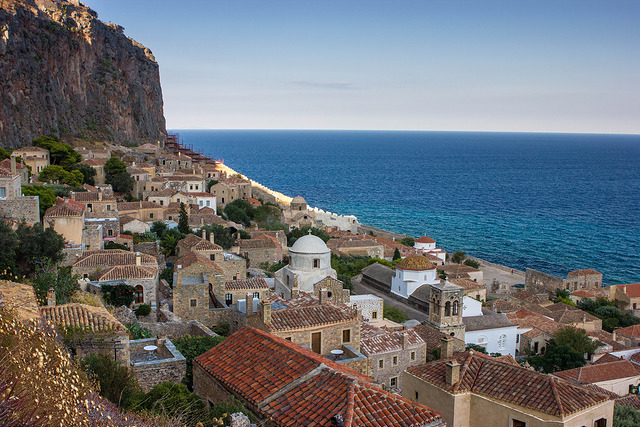Mid-century modern hasn’t experienced a rival since it’s conception in the 1940’s. Why? Because it’s never fallen out of fashion. Somehow, this style of interior design has held its own for decades, making its way into our homes even today. Inspired furniture and decorative pieces from the era have been reimagined with contemporary twists, and there are many furniture giants cashing in on this.
The Origins Of Mid-Century Modern Design
This style of home décor was at its peak in the 1940’s and 50’s; hence the title ‘mid-century modern’. The design has slowly evolved since then, but fundamentals have remained the same. In the 1940’s, America was all about embracing the future. This new-age way of decorating the home was welcomed with open arms, and soon adopted overseas by the Europeans.
Photo by risa boyer architecture
The Impact On Designers Now
Of course, there are those designers that are sick of the trend, hoping something new and fresh comes into style to spark a change. But the majority of designers are happy adapting the mid-century modern trend and using it in their own design techniques. Many independent designers, as well as designers for hotels and retailers, capitalise on the mid-century modern trend because of its sheer popularity.
Where Can We See It?
The introduction of new materials spurred new designs. Bent plywood, fibreglass and steel were all able to be moulded into new and interesting shapes, creating a futuristic look. Designers were also able to play around with colours, what started as earthy tones in the 1950’s has evolved into statement block colours forming the basis of most of the pieces we see today in the home.
Nowadays you can’t walk into a café or public space without being overwhelmed by mid-century modern design. Whether it’s a clean cut table and chair set with wooden legs or a chic sofa with swooping design – mid-century modern is everywhere you look.
It’s Effected Architecture Too
Advances in the 1950’s in terms of construction methods and materials has made it possible for designers to get bolder and braver. Many architects were drafting plans with multipurpose spaces in mind – some say this is where open plan living was born, as one space flowed into another. As with contemporary furniture, the materials themselves were key in the building process. Designers started using stone for fireplaces and wood for flooring, both of which are still used today.
Photo by Bruce Palmer Coastal Design
Author Bio
My name is Nathan, I am a 54 years old architect and interior designer who recently started to write stuff on the internet. I am a DIY lover and I have two beautiful daughters, a lovely wife and 2 dogs.

